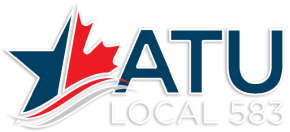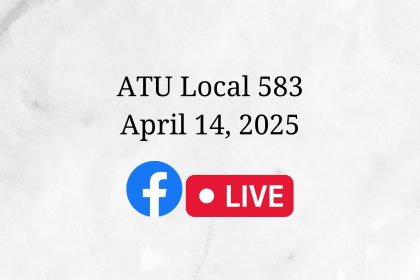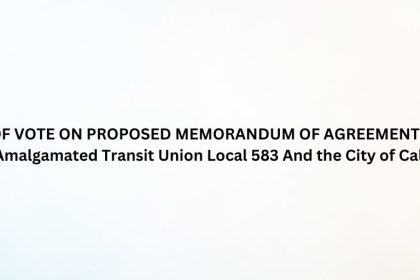The RAND decision, delivered by Justice Ivan Rand in 1946, stands as a landmark ruling that has significantly helped Unions and contributed to the strength of organized labour in Canada. This pivotal decision, often referred to as the Rand Formula, has had far-reaching implications for Unions, providing them with the necessary resources to advocate for workers’ rights, negotiate fair contracts, and institute better working conditions. By establishing the automatic check-off of union dues, the RAND decision has empowered Unions to effectively represent workers and solidify their position as a vital force in Canadian labour relations.
One of the primary benefits of the RAND decision is that it equips Unions with the tools necessary to level the playing field during negotiations with employers and ensure that workers receive fair wages, improved benefits, and safe working conditions.
Additionally, the RAND decision addresses the issue of “free riders,” individuals who benefit from the collective bargaining efforts of Unions without contributing to the costs associated with negotiating and maintaining a collective agreement. By mandating that all employees covered by a collective agreement must pay union dues, regardless of their membership status, the RAND decision ensures fairness among workers. It prevents non-members from enjoying the advantages secured through collective bargaining without contributing their share. This provision enhances Union solidarity and ensures that Unions can effectively represent the interests of all workers within a bargaining unit, strengthening our collective voice.
The RAND decision has also played a crucial role in promoting labour peace and stability. By securing a stable source of funding through union dues, labour organizations can focus on fostering constructive relationships with employers and promoting cooperation in the workplace. With adequate financial resources, unions can invest in training programs and workshops that empower workers to understand their rights, assert their interests, and contribute to a harmonious working environment. This proactive approach not only benefits individual workers but also facilitates a more collaborative relationship between labour and management, fostering long-term stability and productivity.
The automatic check-off of Union dues ensures that Unions can fulfill their essential role as advocates for workers’ rights and safety. It enables them to dedicate resources to monitoring and enforcing health and safety regulations, leading to improved workplace conditions. Unions can invest in training programs that equip workers with the knowledge and skills needed to navigate potential hazards and prevent workplace accidents. The financial stability provided by the RAND decision allows Unions to push for more robust worker protections, resulting in safer working environments and better overall well-being for employees.
Members that have not signed a membership card are considered Rand Members. It’s important to note as well, that not every RAND Member is such because they oppose joining the Union that exists in their workplace. People can be RAND for a variety of reasons, for instance, missing an orientation class. We do our best to ensure all potential Members are reached out to so we can provide an opportunity for everyone to join, but as you can imagine, this isn’t always feasible.
Specific to Local 583, we are happy to let Members know their length of Union membership or simply check if you are in fact signed up. As this blog discusses, dues coming off your cheque doesn’t necessarily mean you are signed up. If you don’t remember signing a “sign-up card” give us a call! We can check into it and if needed, ensure a Steward or Officer gets a sign up package to you.
COPE 397 /jw










